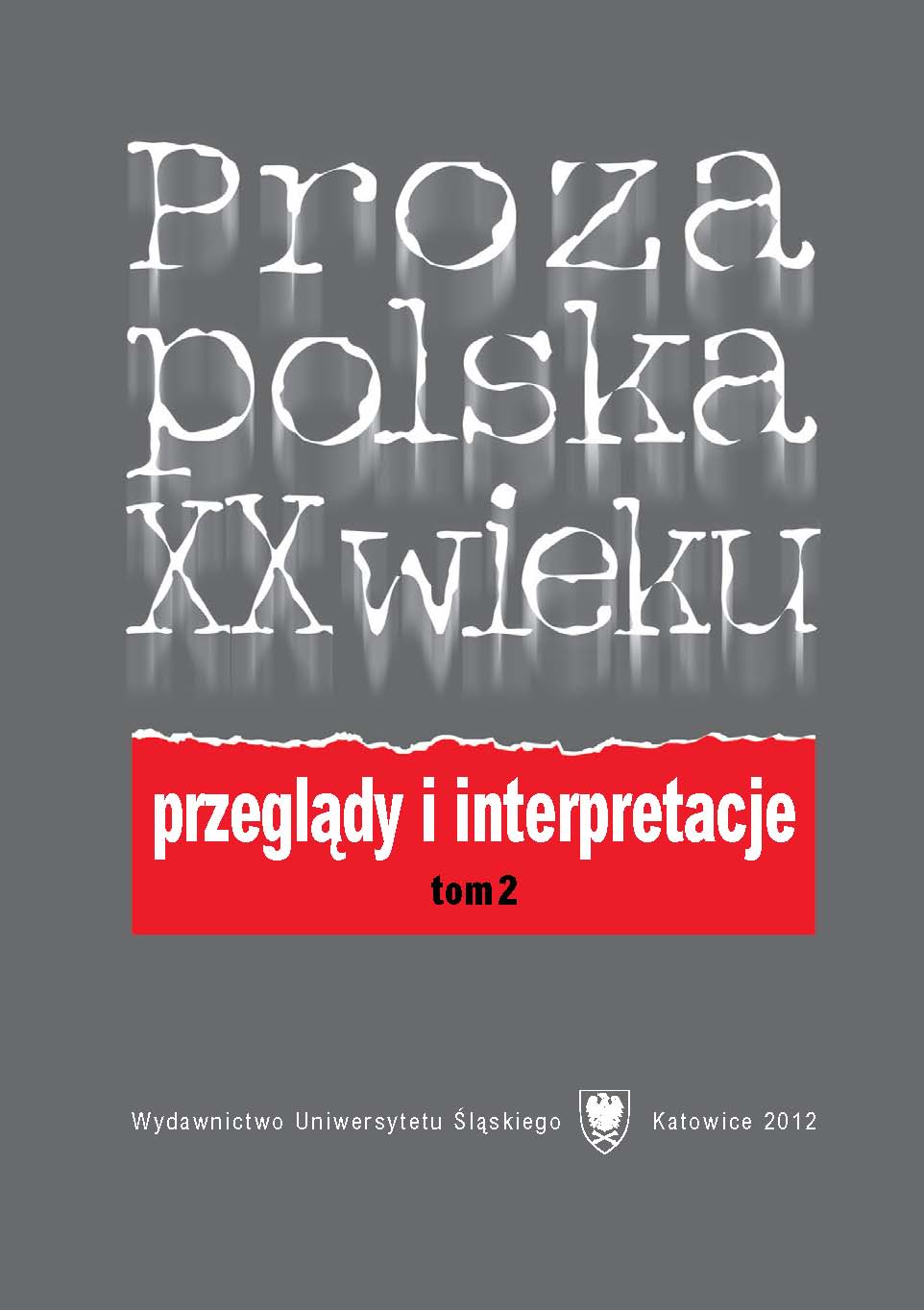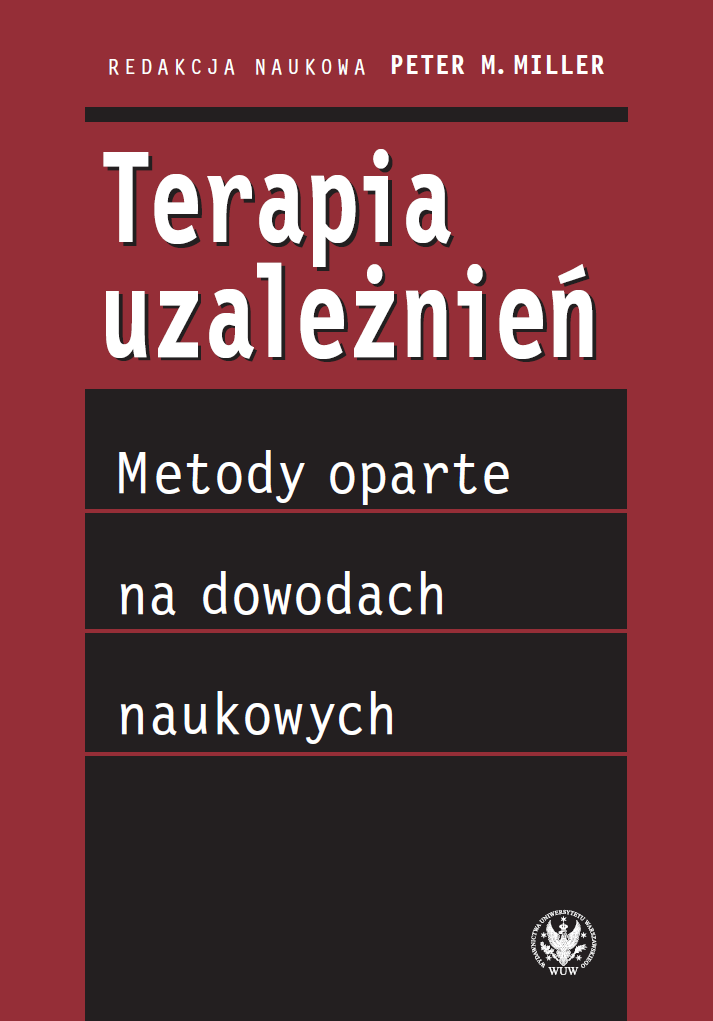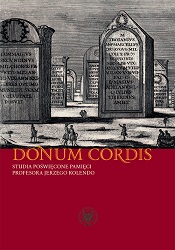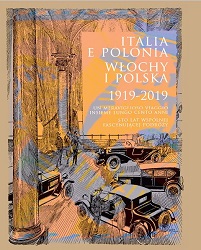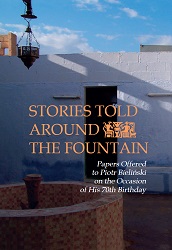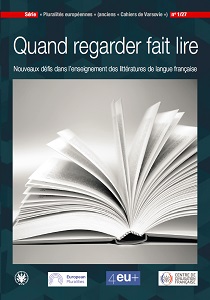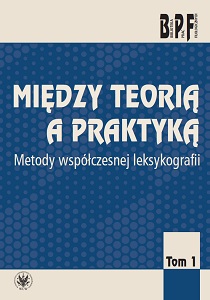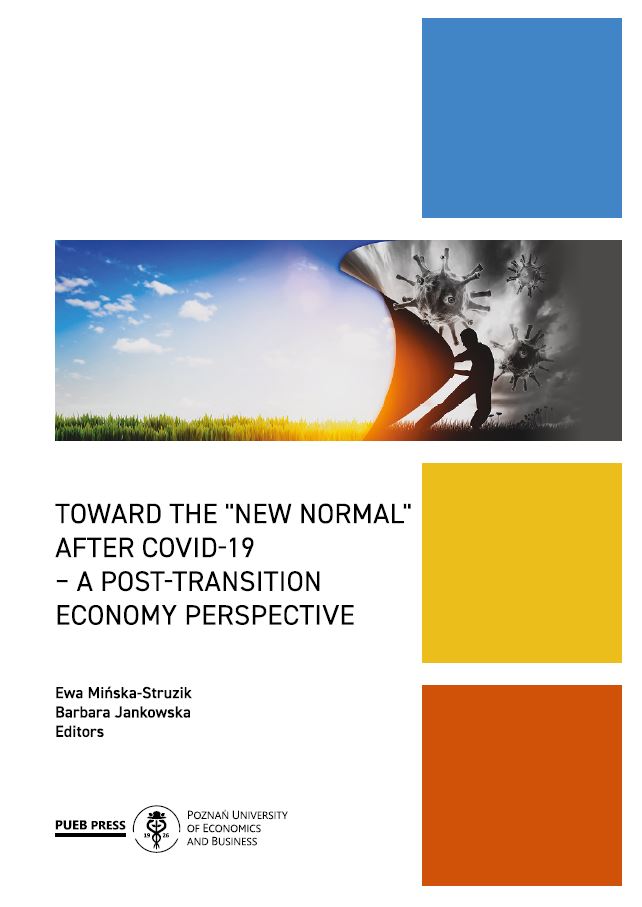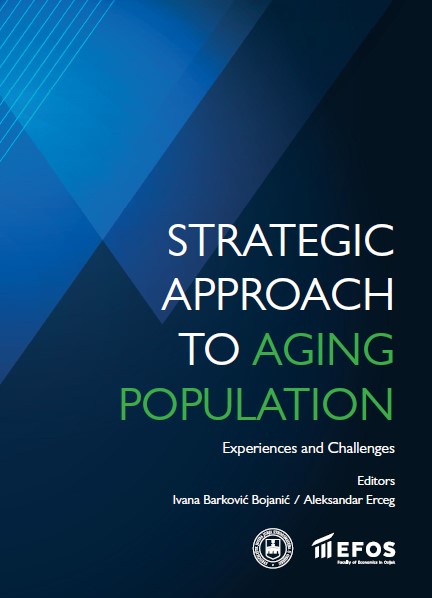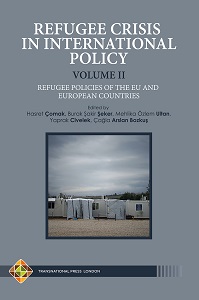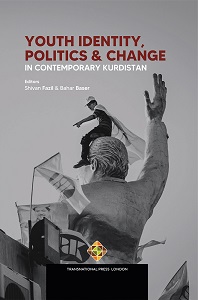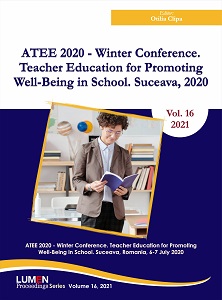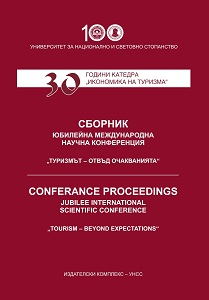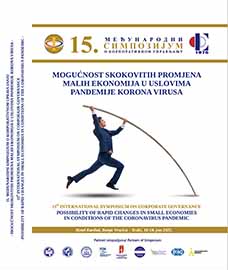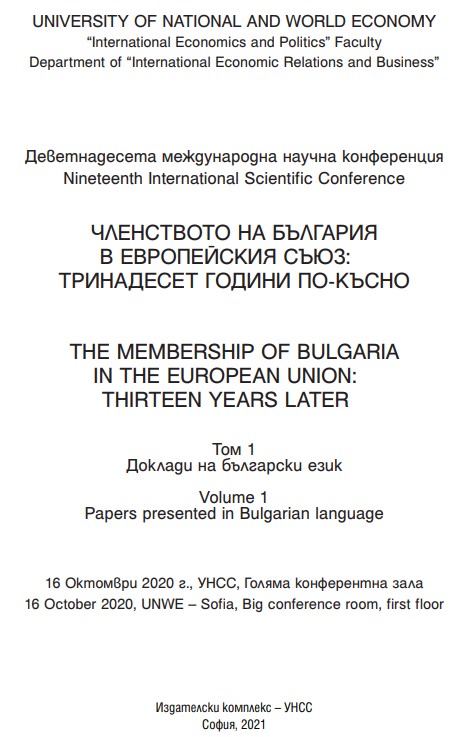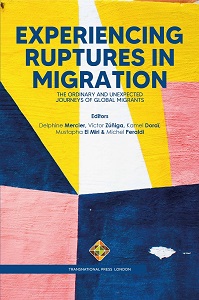Kłódka z wizerunkiem twarzy znaleziona w Novae
Author(s): Agnieszka Tomas / Language(s): English,Polish,German
/ Publication Year: 0
Keywords: Jerzy Kolendo; archaeology; Poland; Europe; University of Warsaw; Polish Academy of Sciences
In 2013, during the construction work connected to the modernization of the Archaeological Park in Novae,a bronze padlock with an arched shackle and decoration in the form of a human face has been discovered (Figs 1, 2).This kind of padlock is a rare fi nd; to date only 157 specimens are known, which are mostly found in collections.Their biggest catalogue was published in 2017 by Jerry Slocum and Dic Sonneveld, together with a review ofthe issue of their origins and functions. Their mechanism was quite complicated and consisted in unlocking hiddenplates so that the lock could be opened with a key (Fig. 3:A). To date, the discovered specimens have threetypes of fastenings: chain, horizontal shackle, vertical shackle (Fig. 3:B–D). Their function was probably to securea purse (Fig. 3E). Finds distribution maps presented by Slocum and Sonneveld indicate that the padlocks couldhave been produced in Aquileia and Iulia Concordia in northern Italy or perhaps in Asia Minor. Concordia andAquileia were important craft centres and Aquileia was also an important point on the trading route with theBarbaricum. One of the sepulchral reliefs from Aquileia, discovered in the cemetery in Beligna (where two padlockspecimens come from), depicts a locksmith (Fig. 4), while the padlock from Novae discussed here has closeanalogies in the fi nds from Concordia (Fig. 9:1).Because of the unusual and delicate construction, the discussed padlocks served more as a visual guaranteethat the protected valuables had not been opened by unauthorized persons. A similar function was performed byseal-boxes, so-called Siegelkapseln, which protected, e.g., documents (Fig. 5). The discussed padlocks could haveserved to protect purses and sacks in which money or valuables were kept or transported, also on longer journeys.A statue depicting a sack protected by a cord and a kind of lock (Fig. 6) comes from Aquileia, and fromthe territories of Noricum a relief showing a person holding such a purse in their hand (Fig. 7). Transfers of bothprivate and public money had to be covered by a guarantee. The relief from Rome depicting a protected sack andbearing the inscription VIATOR AD AERARIVM refers to the function of the person (usually a slave) transportingmoney from the state treasury (Fig. 8). The discussed padlock from Novae was found in the courtyard of thecommand headquarters. Perhaps, it is related to the hasty emptying of treasuries in which metals and valuableswere kept. These events took place at the beginning of the 4th century.Among the so-far discovered padlocks, two basic groups can be distinguished: Group I – decorated on oneside with the image of human heads: male (Fig. 9:1–5), female (Fig. 9:6–10) and schematic ones, Group II – decoratedon two sides with ram heads (Fig. 9:12, 14), a ram and a human head (Fig. 9:13, 15) and with schematic faces(Fig. 9:16). Both the male and female heads seem to have their origins in Celtic-Roman art (Figs 10 and 11:A),and they reappear in the 2nd–3rd century in the territories of the Barbaricum and function until late antiquity(Figs 11:B, C).The padlocks date to between the 1st century AD and the end of the 3rd century AD. Certainly, their mainfunction was to protect the transported money and valuables. Several padlocks have been found along the AmberRoad and one specimen was found by the Morava river, outside the empire. It seems that at least a part of theselocks could have served to protect metallic money transported to frontier areas where it was then prepared forfurther transport.
More...
